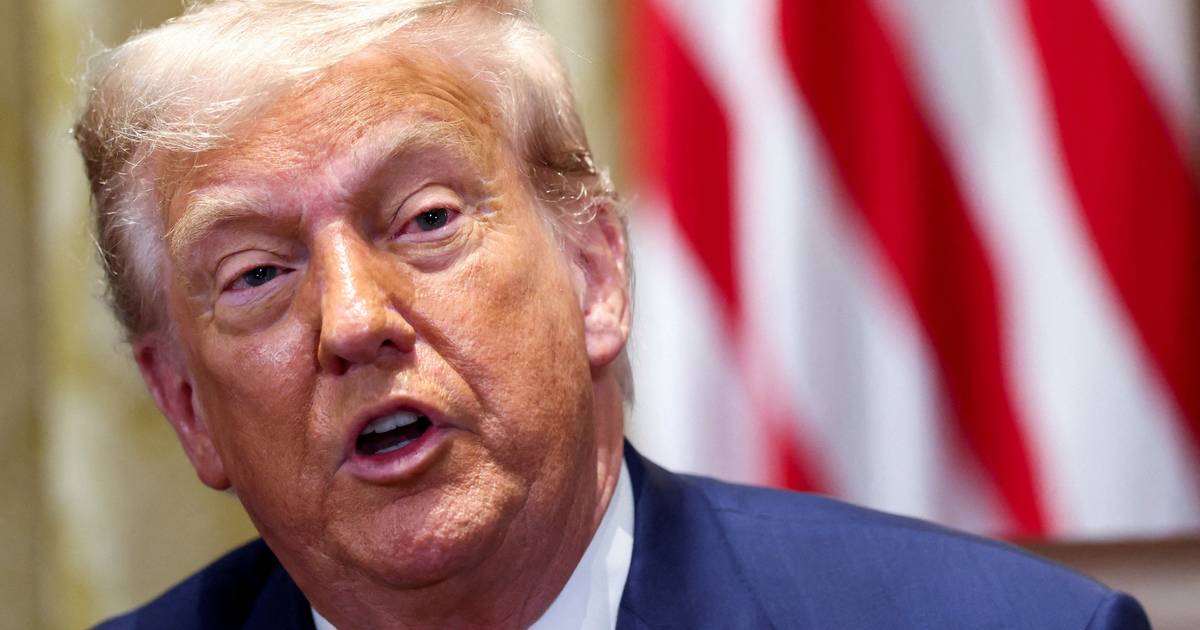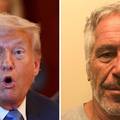Did you hear? The US has rejected a global WHO agreement aimed at boosting the world’s readiness for future pandemics! The agreement, adopted in May in Geneva, required manufacturers to deliver 20% of their vaccines, medicines, and tests to WHO to ensure poorer countries get access. But the US, WHO’s largest donor, decided to back out.
Why? US officials claim the agreement puts solidarity ahead of efficiency and could slow down fast and effective pandemic responses. Robert F. Kennedy Jr., known for his vaccine skepticism, said WHO has learned nothing from pandemics and that the agreement could threaten US sovereignty, even though the pact does not infringe on national sovereignty.
The agreement came after years of negotiations and aims to expand WHO’s role in emergencies, giving the organization new powers to declare pandemics and promote equal access to medical products. However, vague terminology could lead to international pandemic responses being more political than effective.
Is the US right to reject this agreement? Or is this just another example of politics and sovereignty standing in the way of global solidarity and health? Share your thoughts—maybe it’s time to ask who’s really running this show and who benefits!















